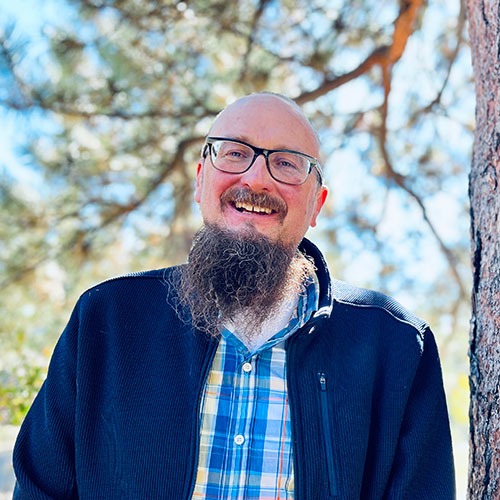Therapy and Residential Care at Spero Recovery Center in Colorado
Spero Recovery Center is an innovative rehabilitation facility that uses a 12-step method for addiction treatment. Instead of traditional therapy, the center offers peer-led groups. Clients are immersed in community spirit, and they develop a strong sense of belonging.
Programs are available for men and women, and you can stay for 30 to 90 days. You’ll enjoy modern facilities, comfortable rooms, and inspiring views during your stay.
At Spero, we meet you where you are. Although we don’t have professional therapists at our center, we are happy to help you get the professional therapy you may need. We can refer you to appropriate therapists, and we may be able to bring in the professional support you require.
During your time with us, you can participate in experiential programs, including woodworking and outdoor activities. We have a large woodworking shop, several hiking trails, and 16 miles of open space to explore. In addition, we offer cooking classes and meditation.
As a non-profit organization, we’re committed to providing addiction therapy services for everyone, including uninsured individuals and people with limited financial means. Contact us to find out more about how we can help. We will be delighted to answer any questions you may have.




 Experiential therapies are built around expressive activities and experiences. Music therapy, art therapy, animal-assisted therapy, and adventure therapy are some of the most popular types of experiential therapies.
Experiential therapies are built around expressive activities and experiences. Music therapy, art therapy, animal-assisted therapy, and adventure therapy are some of the most popular types of experiential therapies.